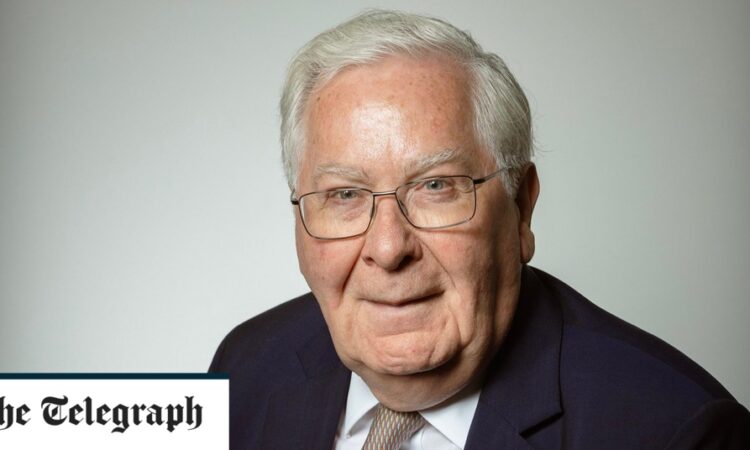
King believes that political posturing is part of the problem. Never one to shy away from a sporting analogy, he has drawn on Maradona and the England cricket team to explain the inner workings of monetary policy.
With politicians on both sides of the political aisle lacking vision, he says voters have been left uninspired by Rishi Sunak, and unsure what Labour even stands for.
King says: “What we’ve got at present is a rather difficult situation in which Keir Starmer is like a football manager who’s leading 3-0 at half time and he says to his players: ‘Guys, just go out there for the second half, don’t take any risks. Keep possession, pass it around. We don’t need to score anymore. This is in our hands, but just don’t make mistakes.
“Rishi Sunak is 3-0 down. Now he can’t go berserk and throw everyone into attack because then he’ll end up losing 6-0.
“But what he does need to do is to find one or two of these big policy areas and say: ‘these are the two big issues that I’m going to focus on. I can’t solve it by the next election, but I can set in train a solution’. And if he doesn’t, then we will never, ever make the reforms needed. And I think the overarching theme ought to be that we’re giving our grandchildren a massive level of national debt.”
‘Ageing population’ to increase spending pressures
Mounting pressure on Britain’s public finances is another reason the crossbench peer believes politicians must act now to reduce the country’s debt pile. Health spending as a share of GDP is on course to double over the next 50 years, according to the Office for Budget Responsibility (OBR) as adult social care costs rise from around 1.3pc of GDP – or around £30bn in today’s money – to around 2.3pc of GDP over the same period.
King warns that these pressures will only become more intense. “It’s easy to identify areas where we’re going to have to spend more,” he says. Supporting an ageing population with health conditions and care costs is one of the biggest areas, he says. Defence is another as countries around the world beef up military spending in the wake of Russia’s invasion of Ukraine.
“It’s incredibly hard to identify areas where you want to spend less. Welfare benefits are bound to be an area that people have to look very carefully at.” He points to disability benefits as an example.
“The number of people who qualify for it has changed rapidly over time in a way that clearly has nothing at all to do with underlying invalidity.”
The Government is also worried. This week, the Department for Work and Pensions said it would spend £25.9bn on incapacity benefits this year, which represents a 62pc rise in real terms compared with 2013/14, when it was just starting to roll out Universal Credit.
King describes this as being at the heart of the problem. Simplifying the benefits system too much while dealing with a massive influx in claims for conditions that are hard to categorise has led to many being awarded benefits that are not tailored to their needs.
“No one likes to be seen as hard-hearted but it’s a question of the practical design of schemes,” says King. He admits the issue is contentious, comparing it to the “domestic policy equivalent of small boats. You can see a problem but it’s very, very difficult to think of a solution.”
However it’s not all doom and gloom. King is clearly enjoying the heatwave at his home in Kent. “It’s going to be a beautiful week being in the garden reading,” he says. And he wants younger generations to enjoy the same comfort in retirement that he does.






